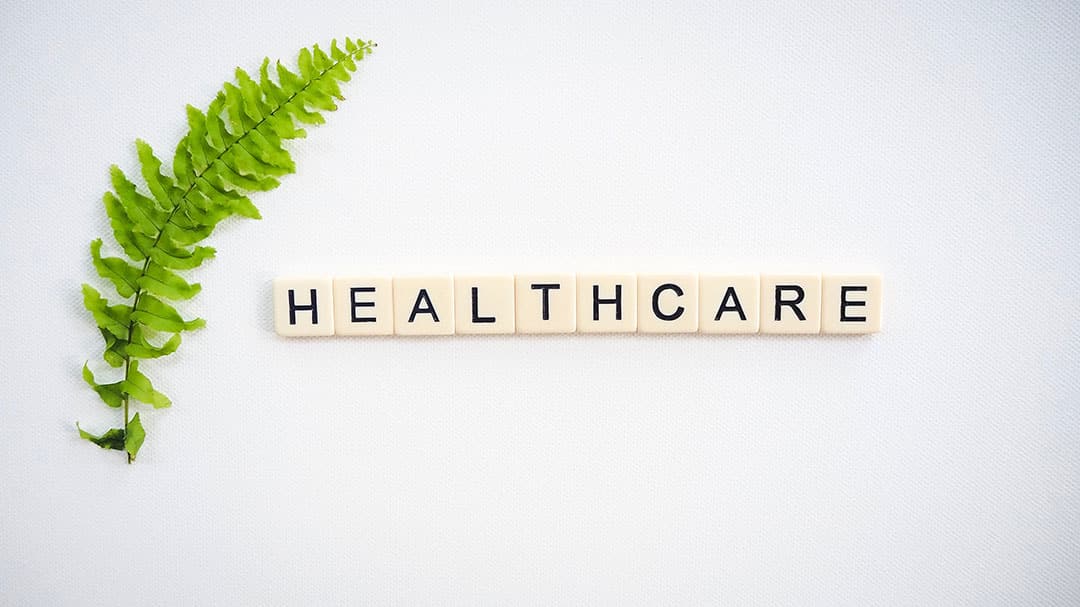Lo and behold, artificial intelligence (AI) will be making an impact in healthcare this coming 2020.
Partners HealthCare, a Boston-based giant, has set a 10-year timeframe for AI to impact healthcare but they have blown up their timeline because these Top 12 AI innovations will start changing healthcare by the end of the decade.
1. Mental Health Care
There has been a rising crisis of mental health problems in the US, perhaps, because more and more people have been vocal about it and because of the changing times. However, mental health care cannot keep up with this growing problem.
This is where AI comes in. Specifically, AI-driven applications can help address the gap using smartphone-based cognitive behavioral therapy or group therapy. These AI driven apps are showing promise on how to treat depression, eating disorders, and substance abuse.
2. Voice-First Technology
Smart speakers can now capture free-form conversations between clinicians and patients and translate them into structured documentation. This way, it will be easier for clinicians and nurses to collect and retrieve information. They will also be relieved from their HER burdens.
3. Identifying Victims of Domestic Violence
Victims of domestic violence might not have the resolve to report the abuse. With artificial intelligence flagging down some worrisome injuries like fractures, radiologists can more efficiently detect abuse.
4. Stroke Care
Time is of much importance for anyone who experiences stoke. The longer the time the patient is not treated, the higher the risk of disability or death.
With the help of AI technologies, it will be easier to detect the location of the clot or bleeding. This way, clinicians can act faster in providing appropriate treatment for the victim.
5. Reducing Administrative Burdens
AI can streamline the complexity of medical coding and billing. By automating these processes, it will minimize mistakes and also reduce regulatory oversight.
6. Information Exchange
AI is a data-hungry innovation. It needs all the necessary data to produce an algorithm that is precise and accurate. AI will be partnering with FHIR to have broader access to medical information.
However, providers are reminded of the importance of maintaining and protecting the privacy of the patients.
7. Eye Health Care
Ophthalmology is another area that will benefit from AI. Since this discipline is image-heavy, Ai will be helpful in providing more precise data that can analyze eye patterns.
8. Brain Health
AI technologies are also seen to discover the depths of the body’s most mysterious organ – the brain. With the help of AI, it will be possible to predict seizures and identify the beginnings of dementia.
If patients are experiencing problems with their kidney or liver, clinicians focus on those organs but not on the possibility of a seizure. With AI technologies, it will now be possible to focus on the affected organ and give attention to the brain as well.
9. Malaria Detection
Malaria is a mosquito-borne disease that killed half a million people last 2017. Most of the victims were children below five years old. With the use of software, quantifying malaria parasites in blood samples can be automated. It can be hooked to a smartphone and a camera on a microscope to conduct diagnosis and monitoring.
10. Augmenting Diagnostics and Decision Making
AI can automate triage cases, therefore, providing speedy and accurate access to patient care.
11. Preventing Suicide
In using natural language processing, it will be easier for health providers to identify high-risk patients.
12. Revolutionizing Medical Imaging
AI can provide a more accurate assessment of complex images that will make it easier for radiologists to analyze the data and provide a sound and fast solution to any looming medical problem.

